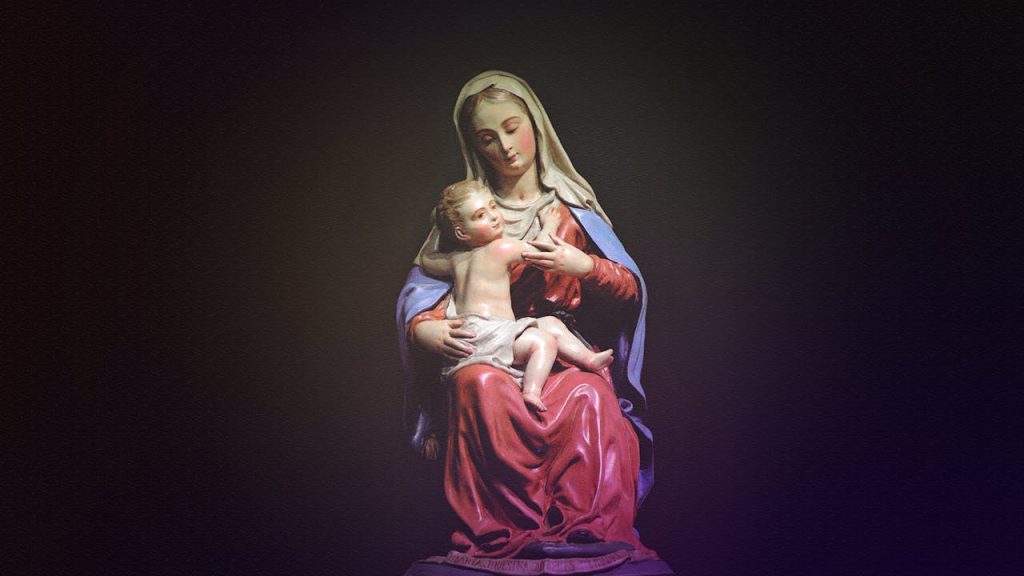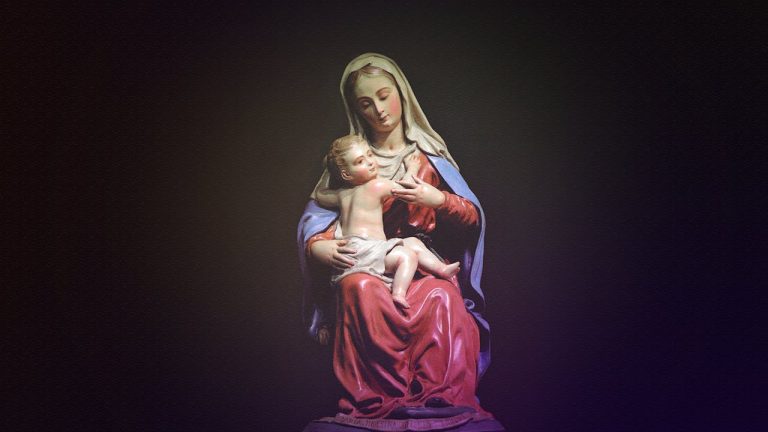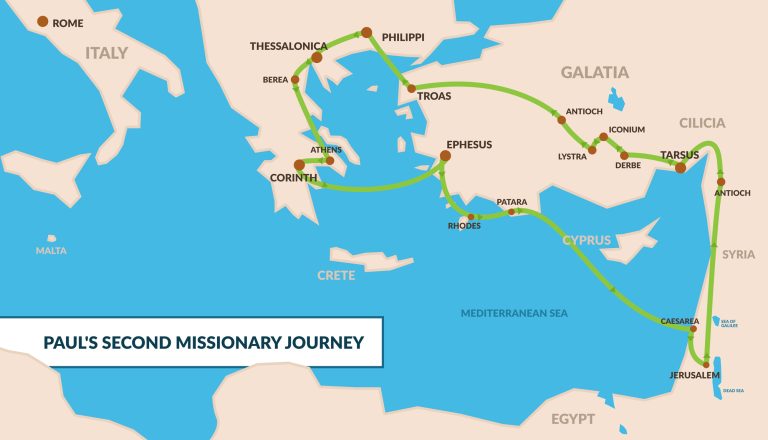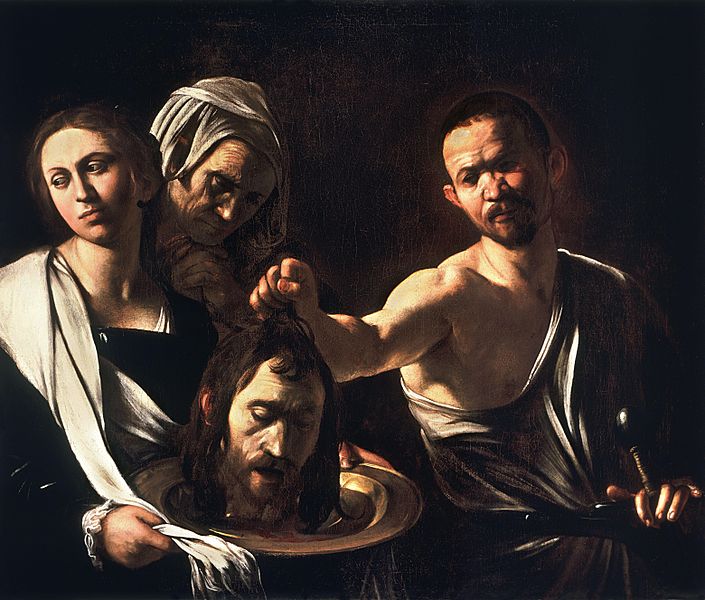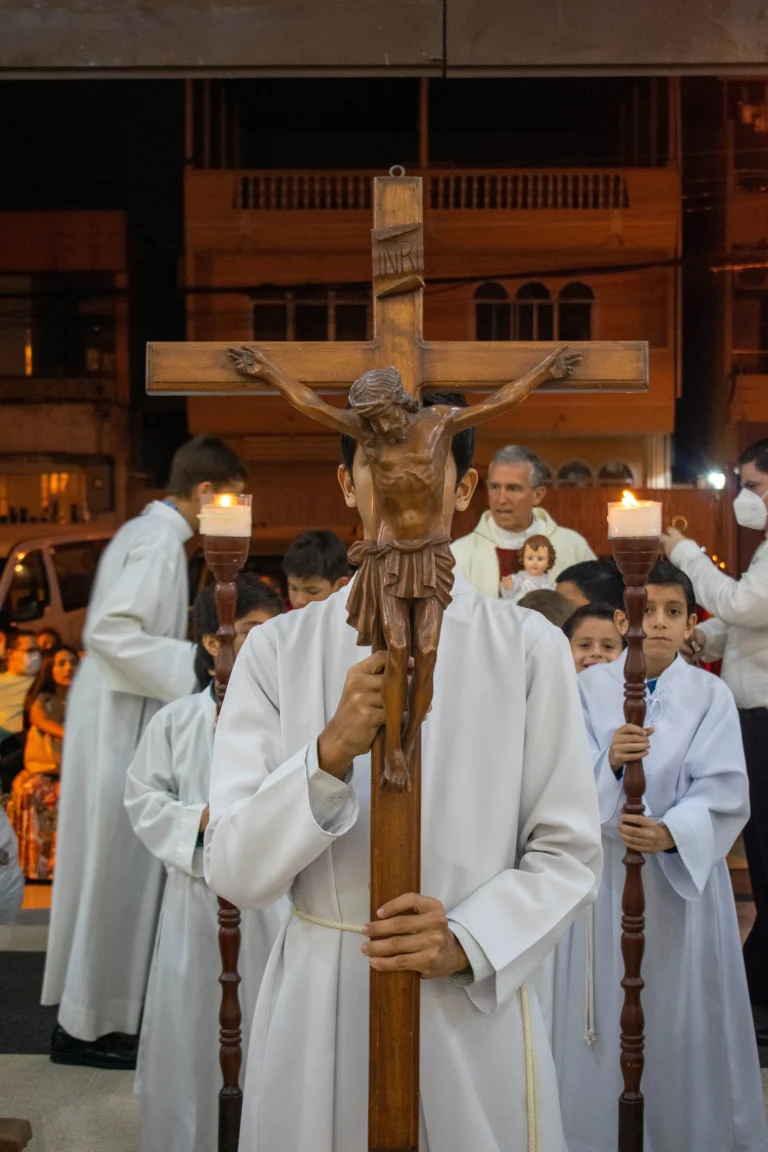The prayers of the saints seem
to be given special, if not sole, consideration before the Throne of God. We may reconsider the passage on prayer from Revelations, 8; 3-6: “A large quantity of incense was given to him to offer with the prayers of all the saints on the golden altar that stood in front of the throne; and so from the angel’s hand, the smoke of the incense went up in the presence of God and with it the prayers of the saints.” (emphasis added)
This passage may be interpreted as teaching that our own prayers do not take actual form on the Altar that’s before God’s Throne, but only that the prayers of actual saints arrive there. It is common among older Protestants to refer to all the faithful, especially their co-religionists, as “saints”. The weakness of that argument is that it implies that the prayers of polygamists, pro-abortionists, and others with similarly unorthodox beliefs will have the same access to God as members of their religion who renounce the propriety of such acts. It’s hard to imagine that such a believer could reasonably be thought of as a “saint”, implying that our prayers may not go directly from us to God, but through some sort of holy “Processing Station” where they are either passed on or rejected.
Catholic Fundamentalists look at the Revelations passage and conclude that the surest, safest way to get our own prayers through to the Altar, where St. John says they appear right in front of God, is to ask a real, certified Saint to help get our prayers from here to there. We feel that when we pray a typical, Saint-invoking prayer, for instance, “O Jesus Who has said ‘Ask and you shall receive, seek and you shall find, knock and it shall be opened to you.’ through the intercession of Mary, Thy most holy Mother, I knock, I seek, I ask that my prayer be granted. (insert prayer reqests) “, we are actually having our prayer put before God by an actual, certified Saint, in this case, His own Mother.
Can’t beat that!

